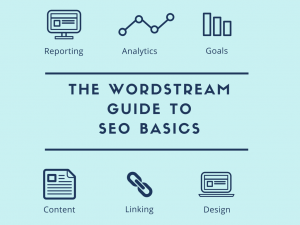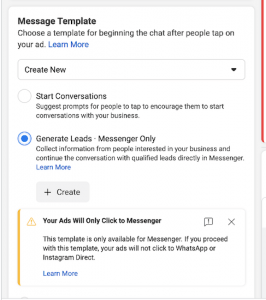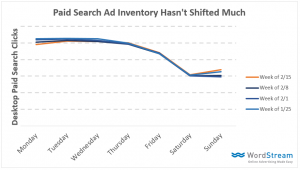Changing your career can be an exciting period in your professional growth. Having a vision of the new path you want to pursue and a system for starting it can make things easier. Determine what it is you want to do in your professional life and explore all the possibilities.
The desire for change can be driven by the need to try something different or tired of your current job. It also could be that you are eyeing a specific career. Whichever the reasons, an organized approach will be beneficial.
• Be Smart When Planning For The Transition In Your Career
The secret to making a smart transition is in knowing what you do best. List down the things you enjoy in your career before you start thinking of job opportunities. Compare your talents and interests to ensure they align with your career change plans.
Do not forget about your income since the objective of working is to earn money to meet your needs and put something aside for the rainy days. Also, consider people’s thoughts about your profession. If your friends and colleagues say you are proficient at something, then include it in your list of talents and skills. For instance, if they suggest you are good at identifying birds, it demands exceptional observation skills and an eye for detail.
Note down your training, professional qualifications, and experience, including volunteering and the unusual courses you took. Do not overlook anything you know, even if you think it seems insignificant.
•Does The Job Align With Your Interests And Expectations?
Once you have covered all these things, you can think of the new jobs. What occupations or positions require your skills, talents, and experience? Go online and research, inputting search terms like career skills, job experiences, and skill assessment, and any other thing related to your industry or profession that comes to mind.
Find a few possible job opportunities, listing them down, and then narrow your choices to three or four. Keep your list flexible, changing things until you are confident that you will fit in a job in any of those fields and thrive. The next move will be to review the factors that make a specific career more appealing than the other and narrow your choices to end up with one that tops all others and devote your complete attention to that one.
•Learn All You Can About The New Career
Once you have zeroed in on a specific job, do a deep search on the internet and visit the local library to find any resourceful information to help convince you about making the transition. Also, check with the local employment office to see if the government has job positions in your interest career. And while at it, remember to ask about training programs.
Connect with people working in your industry, focusing more on those in your career choice. The idea is not to ask for work but to learn about the career. Why is it their profession of interest, and which skills are essential in executing your mandate? What is it like to work in that career or industry? When at the local office, also inquire about an existing workers’ union.
If you have a change of heart along the way, you can revert to the last step or start over. Take the time to reassess everything to be confident of the path you want to take as you plan on the next best thing in your professional life.
•Do Not Be Quick To Part With Your Old Job
Statistically speaking, you are more likely to find a job if you are already employed. If landing that position of interest seems elusive, consider taking a lower-level job in your field of interest. Consider it as an opportunity to learn what it takes to advance in the career.
•Up your Skills And Knowledge
Visit the vocational colleges and universities in your area to find out if they offer courses or training relevant to your career. Also, learn about the job placement service they provide as you ask about part-time classes you can take during your off-work hours, during the night or weekends.
If you cannot find courses or training classes in your location, you can reach out to HR departments in firms looking for professionals to hire and inquire about possible on-the-job training. Avoid viewing it as a job interview, but it is wise to treat it like one. Therefore, go all out; prep your resume, dress appropriately, have ready questions, and outline your skills and experiences.
•Join A Union Or Professional Group
Joining a professional network or a union is an excellent way of connecting with professionals in various industries. Broaden your net, joining local and national groups. The more you connect with different players in your field of interest, the lesser the strain you could experience when searching for the next job opportunity.
Business & Finance Articles on Business 2 Community(14)








